By Jono Ryan - Head of Materials Development
Nine or ten years ago I was teaching on a course where students were given the task of going out onto campus, approaching a stranger (a ‘native speaker’) and requesting an interview. In the interview, they would ask questions about a topic they had prepared and afterwards they would return to class and do a presentation about what they had found out. To ensure that they didn't just make it up (which on reflection, might be quite a worthwhile activity!), they had to video record it on their phones. I remember my main concern being that some students wouldn't have access to a phone, though this proved not to be the case. Yet far bigger problems were about to arise.
Off they went and some returned the next day with the task complete. Some didn't try, perhaps because they were too nervous to give it a go. But what I remember most vividly was the one student who reported that he had approached something like 8-10 people who had all refused.
This was quite interesting to me. Although the odd person may have been in a hurry, it seemed unlikely to explain every rejection. Of course, some people are just unlucky, but this seemed too much of a coincidence. I had a hunch.
‘Okay. Let's role play what you said to them.’
In the ensuing moments, it immediately became apparent to me why he was being spurned. I can't remember all the linguistic details now, but I well remember the feeling that he would have come across as shady, pushy and aggressive. And let’s be clear: this was not a fair reflection of the personality I knew from class.
Mentally, I unpacked it. Since he was to be approaching strangers, he needed to begin with a polite expression to get attention, probably ‘excuse me?’. As I knew from previous experience – a story for another day perhaps – the intonation of ‘excuse me?’ would need to be spot on. And at this point he should not be too physically close to them. Then, rather than just launch into ‘Can I interview you?’, he should probably introduce himself and then explain that he was an English student, that he’d been asked to interview someone, and would they mind if he asked some questions – it would only take a couple of minutes. If they agreed, he could then ask if it would be alright to video record it.
We role-played this a few times, with me modeling a few expressions and their appropriate delivery. A few minutes later, he ventured back out of the classroom . . . and had immediate success.
Requests are a complex and fascinating area of pragmatics and prove problematic for many students. The basic scenario is that I want or need something, and I’m asking you to do it for me. I am typically the one who benefits from it and there may be nothing in it for you. You might even be a stranger to me and distrustful of my motivations.
There are also different types of requests that prove qualitatively very different depending on what exactly is being asked and the nature of the relationship between the two parties. For this reason, we’ve touched on requests in many of the Chasing Time English video series: Fortune Blue, Fortune Gold, Adrift, Skippers Pass, Days Crossing and (briefly) in My Name is Lucky. I’ll talk more about requests in future blog posts but in the meantime, maybe check out those materials, and look too for some of the supplementary videos on the website.
How to make requests in English: https://www.youtube.com/watch?v=MiZC9fhUtzs&t=88s
